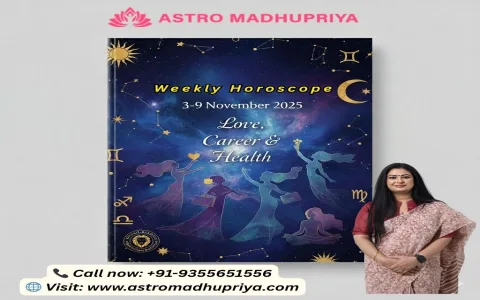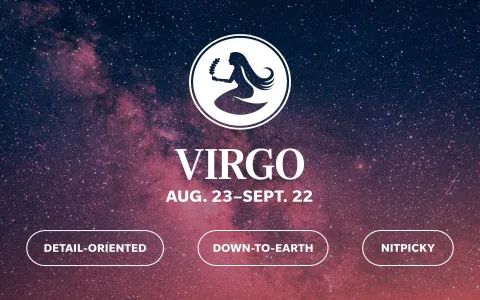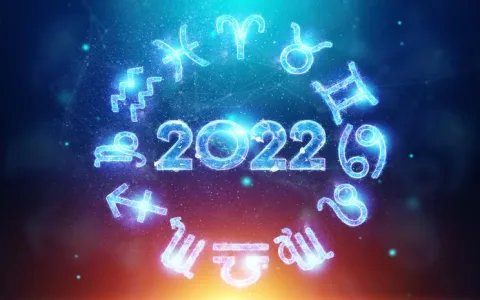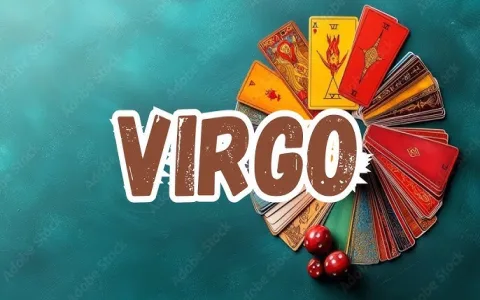I wasn’t looking to become an astrology expert, not even close. But last month, my cousin called me up completely stressed out. He’s trying to switch jobs, big career move, and he’s an absolute stickler for routine. He told me he felt like he was running into brick walls, and he asked if I knew where he could find a really detailed weekly horoscope for Virgos, specifically focused on money and career, and here’s the kicker: it had to be in Hindi.
I immediately asked, “Why Hindi?” He explained that all the English translations he found were too generalized, basically recycled fluff. He claimed the deeply localized, original Hindi sources, the ones written by actual long-standing astrologers in certain regional publications, were far more accurate and detailed about specific days and planetary positions affecting financial flow. I thought it was superstition, honestly, but I respect the hustle. He needed that specific validation to move forward, so I committed to finding and structuring this information for him, turning a bizarre request into a small information retrieval practice log.
The Messy Start: Dealing with Language Barriers and Clickbait
The first step was just typing the English version into the search bar. Disaster. You get a million generic sites all spitting out the same translated nonsense. “Your week will be profitable. Focus on communication.” Useless. That’s when I realized I had to pivot entirely. The practice wasn’t finding a horoscope; the practice was identifying genuinely authoritative, localized information streams and setting up a reliable extraction system.

I started digging for the correct key terms. Forget “Virgo.” I needed Kanya Rashi. Forget “Weekly Horoscope.” I needed Saptahik Rashifal. And for the specific focus, I had to ensure the content included terms like Dhan (money/wealth) and Vyavsay (profession/business). This small linguistic shift immediately filtered out 90% of the Westernized rubbish.
- I grabbed three major Hindi news portals that have been around forever, the ones people actually trust for serious news, not just entertainment.
- I then isolated their dedicated astrology pages.
- The main problem was consistency. Not all of them update at the same time, and the quality of the automated translation services was a nightmare.
I tried running the pages through a couple of standard machine translation tools. It was a joke. Technical astrological terms like “Shani ki Sadesati” (Saturn’s seven-and-a-half-year cycle) or “Guru Grah ki sthiti” (Jupiter’s planetary position) were either left untranslated or translated into gibberish that lost all meaning. One prediction about investing translated literally to: “The condition of your large house is in the position of drinking water.” I had to stop relying on automatic interpretation entirely.
Building the Extraction Workflow: Manual Cross-Reference
My workflow became intensely manual. This is where the real practice kicked in. I set up a system to cross-reference the three selected portals.
First, Verification: I had to make sure the astrologers writing for these three different publications weren’t just lifting content from each other. I specifically checked the previous week’s predictions to see if they tracked with real-world events my cousin experienced (he tracks everything). They showed genuine divergence, which was promising. They weren’t copied and pasted; they were interpreted differently based on the specific astrological Panchang (calendar) they followed.
Second, Translation Discipline: I installed a very specific, highly-rated translation dictionary app on my secondary tablet—not Google Translate, but one designed for context-heavy South Asian languages. Every week, I would manually scan the three Hindi articles, isolate the sentences related to Kanya Rashi’s career and money, and translate them phrase by phrase, focusing on the specialized vocabulary. I started building a small, personal lexicon of astrological terms.
For example, if the prediction used the word Laabh, I logged it not just as “profit,” but “unforeseen financial benefit derived from previous efforts.” If it mentioned Virodh in the context of career, it wasn’t just “opposition,” but “conflict with a senior colleague or management requiring diplomatic handling.”
The Realization: Detail and Specificity
After three weeks of this ridiculously detailed, verb-heavy process—searching, finding, filtering, translating, cross-referencing—I started seeing what my cousin meant. The quality Hindi horoscopes weren’t vague. They acted almost like an advisory report.
Instead of “Be careful with your money,” they would specify: “Due to the adverse placement of Mangal (Mars) on Tuesday evening, avoid signing any new loan agreements or initiating high-risk stock trades between 4 PM and 7 PM. Wait until Budh (Mercury) moves into its auspicious position on Thursday morning.”
This level of specificity shocked me. It wasn’t about believing in the future; it was about the structure of the advice. It provided concrete actionable steps, tied to specific timing, which is exactly what a highly anxious, detail-oriented Virgo needed to manage risk.
I logged the results into a simple spreadsheet for my cousin every Sunday evening. I wasn’t just giving him the output; I was giving him the three synthesized points of view, color-coded by how strongly they warned against or advised an action. He was thrilled. He started making timing adjustments to his networking calls and interviews based on these precise planetary warnings, and his progress immediately picked up.
The core takeaway from this practice? Don’t dismiss specialized, localized information just because it sits outside your comfort zone or language. If someone says the valuable insights are hidden behind a language wall, they might be right. The effort required to breach that wall—manually learning terminology, vetting niche sources, and abandoning automated shortcuts—is where the real, unique value lies. It showed me how much valuable, domain-specific information gets completely destroyed by poor search practices and generic machine translation. You have to get your hands dirty, step into the specific cultural context, and manually pull the data out, sentence by painful sentence, to get the gold.





